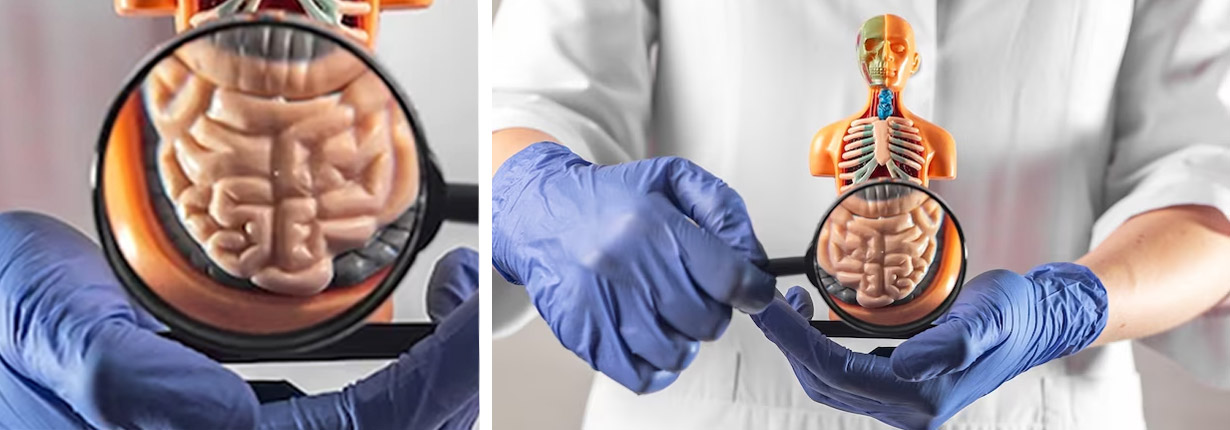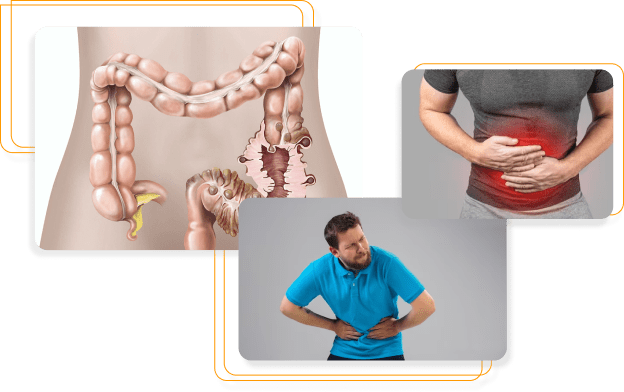
Diverticular Disease Of Large Bowel
When pockets, called diverticula, grow in the walls of your digestive tract, it is known as diverticulosis or diverticular disease.
Your intestine’s inner layer pushes through weak places in the outer lining. They expand out and form small pouches as a result of the pressure. It usually occurs in your colon, which is the lower portion of your large intestine, says Dr. Sanjoy Mandal, a renowned gastroenterologist in Kolkata.
Who is at Risk
People above the age of 60 are more likely to develop the diverticular disease. It doesn’t happen very commonly to anyone under the age of 30. Experts believe that as people become older, the pouches become more visible. It’s possible that men are more susceptible to it than women.
According to research, the illness could be hereditary. If your parents or any of your siblings have it, you’re more likely to have it.
Symptoms of Diverticular Disease Of Large Bowel

The majority of persons with diverticulosis don’t display any symptoms. Those who do could be suffering from:
 Cramping or pain in the stomach
Cramping or pain in the stomach Constipation and Bloating
Constipation and Bloating Diarrhoea
DiarrhoeaWhile the gastrointestinal specialist in Kolkata determines the cause, he or she will most likely recommend some measures to alleviate your symptoms, such as taking a little pain reliever. Irritable bowel syndrome and peptic ulcers are two conditions that can cause similar symptoms, so they’ll want to rule them out.
What are the Treatment Options
The major goal is to avoid producing problems with the pockets. Treatments that your doctor may suggest include:
Fibre supplements or a high-fibre diet: This will depend on how important fibre (or a lack thereof) is to your condition, according to the best gastroenterology doctor in Kolkata. Fibre-rich meals help to relieve gas and stomach pain.
Medications: Mesalamine is one such medicine that helps to alleviate symptoms.
Probiotics : Probiotics, which are live bacteria that exist in your stomach and intestines, are still being studied to see if they can help with diverticulosis symptoms. Supplements and yoghurt are both good sources.
Before using any form of supplement, make sure to see your gastroenterologist.
Take the first step towards a healthier you
